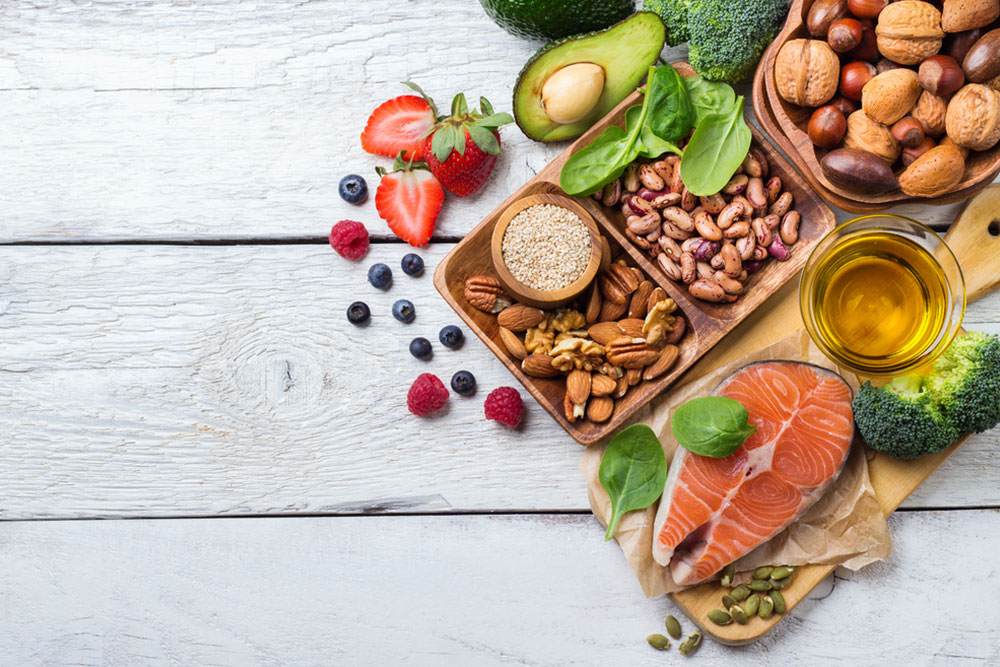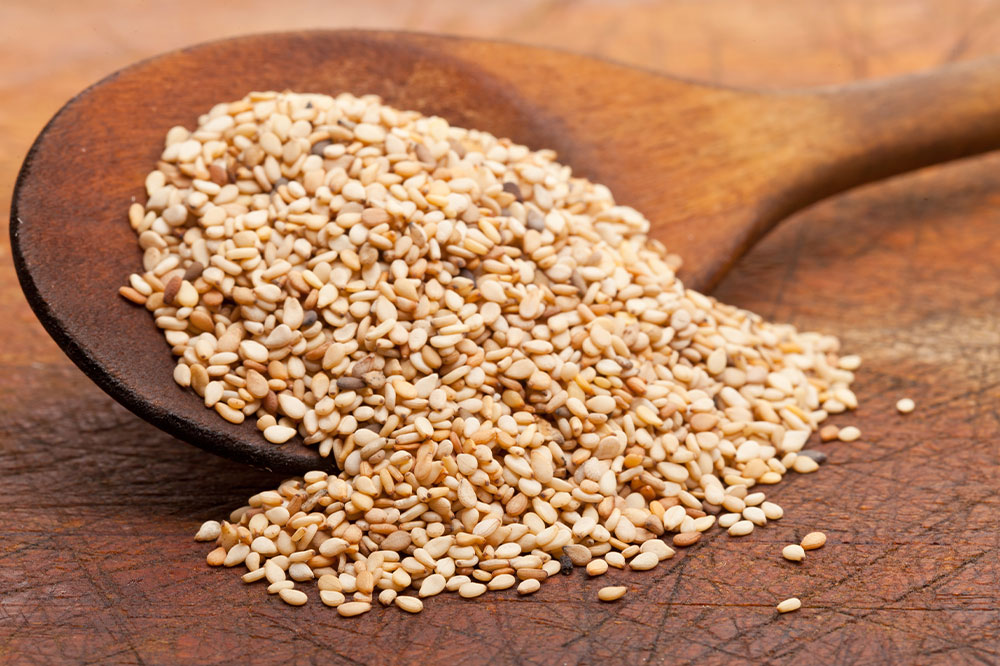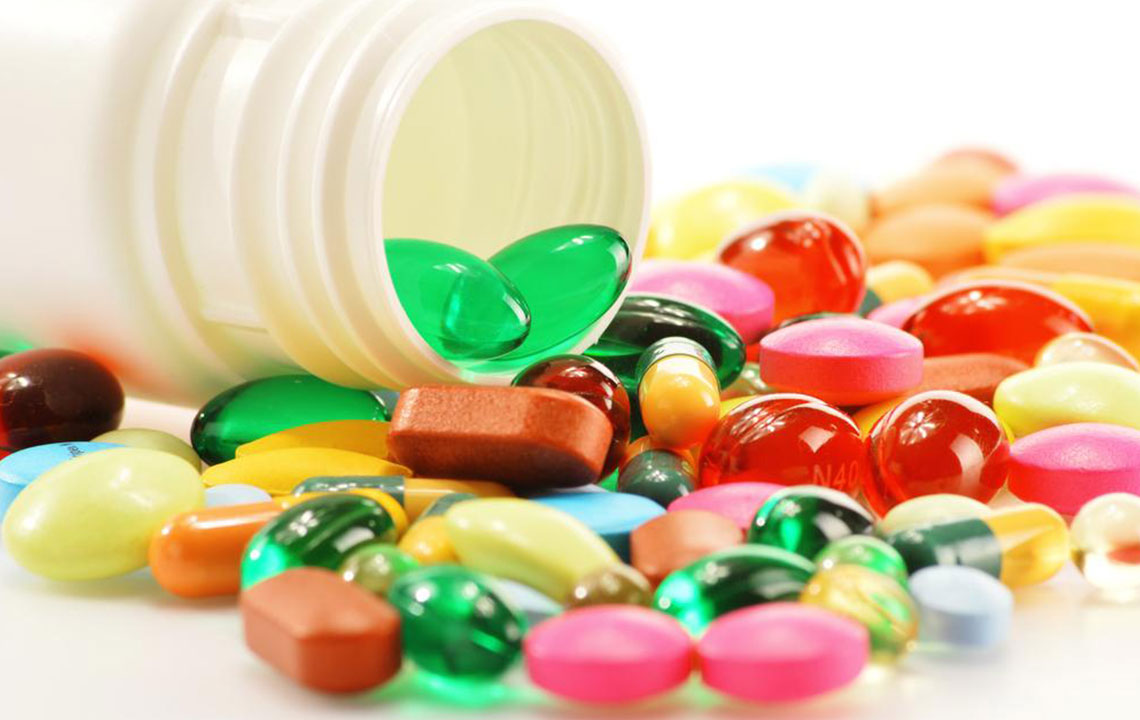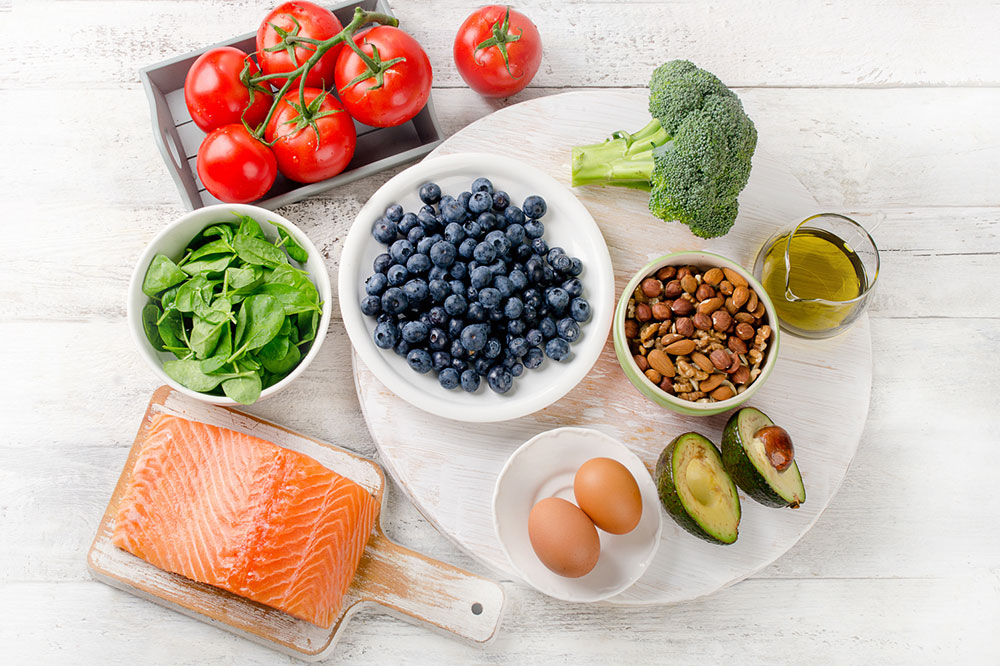Essential Dietary Strategies to Promote Prostate Health and Reduce Cancer Risk
This comprehensive guide details dietary strategies to support prostate health and reduce cancer risk. It highlights nutrient-rich foods like tomatoes, fruits, vegetables, and fatty fish, while emphasizing the importance of limiting red meats, processed foods, and unhealthy fats. Incorporating these dietary tips can enhance prostate wellness and aid in disease prevention, making it a vital resource for men seeking to maintain their health through nutrition.

Comprehensive Dietary Guidelines for Maintaining and Enhancing Prostate Wellness
Maintaining a nutritious diet is an essential component of both preventing prostate issues and supporting recovery during treatment. Proper nutrition provides the energy needed for bodily functions and helps mitigate the adverse effects of therapies such as radiation and chemotherapy. The right foods can play a significant role in safeguarding prostate health, potentially decreasing the risk of prostate cancer, and slowing disease progression. Therefore, understanding which foods to emphasize and which to limit can empower individuals to make informed dietary choices for long-term prostate wellness.
Foods That Promote Prostate Wellbeing
It is vital to identify food items with properties that may inhibit cancer development or progression. Incorporating these foods into daily diets can contribute to healthier prostate function:
**Tomatoes**: Rich in lycopene, a powerful antioxidant linked to a decreased risk of prostate, stomach, and lung cancers. Lycopene's bioavailability increases when tomatoes are cooked, making tomato sauces, pastes, and soups excellent sources.
**Watermelon, papaya, and guava**: These fruits also contain high levels of lycopene, providing variety and additional nutritional benefits. Regular consumption may support protective effects against cancer cell proliferation.
**Fruits containing pectin**: Apples, plums, and apricots are good sources. Pectin has been shown to potentially reduce the number of cancerous cells by nearly 40%, making these fruits valuable additions to a cancer-preventive diet.
**Cruciferous vegetables**: Broccoli, cauliflower, Brussels sprouts, and kale are rich in fiber and phytochemicals that may slow the growth of prostate cancer cells.
**Green tea and soy products**: Emerging research suggests these contain compounds that could inhibit tumor growth. While promising, more studies are needed to confirm their efficacy, but incorporating green tea and soy can form part of a healthful dietary pattern.
**Omega-3 fatty acids**: Found abundantly in fatty fish such as salmon, mackerel, and sardines, omega-3s have anti-inflammatory properties that may reduce cancer risk.
**Pomegranate**: Preliminary evidence indicates potential benefits in prostate health, but consult a healthcare professional before incorporating supplements, especially if on medication.
Foods and Substances to Minimize or Avoid
Some dietary choices may elevate prostate cancer risk and should be consumed cautiously or avoided altogether:
**Red and processed meats**: Consuming large quantities of red meats, especially when grilled or cooked to high temperatures, has been linked to increased prostate cancer risk. Instead, select lean meats like chicken or turkey, or plant-based proteins such as legumes and beans.
**Low-fat dairy products**: While dairy can be a source of calcium, high intake, especially from high-fat dairy, may stimulate cancer growth. Opt for low-fat or fat-free options to mitigate this risk.
**Excessive calcium and zinc supplements**: High doses of calcium and zinc might promote cancer cell proliferation. It's advisable to consult a healthcare provider before starting any supplement regimen.
**Salted and preserved foods**: Processed items like pickles, cured meats, and salted snacks can contribute to cancer risk. Limiting these foods helps reduce overall risk factors.
**Flaxseed oil**: Despite its health benefits, some research suggests it could promote prostate cancer growth; therefore, moderation or avoidance is recommended unless advised otherwise by a medical professional.
**Unhealthy fats**: Saturated fats from animal sources, such as butter and fatty cuts of meat, can increase prostate cancer risk. Replacing these with healthier oils like olive, avocado, and other plant-based oils provides antioxidants and vitamin E, supporting overall prostate health.
Adopting a balanced diet rich in fruits, vegetables, lean proteins, and healthy fats, while limiting red and processed meats, high-fat dairy, and processed foods, can significantly influence prostate health. Combining these nutritional strategies with regular screenings and a healthy lifestyle forms a comprehensive approach to prostate wellness and cancer prevention.





